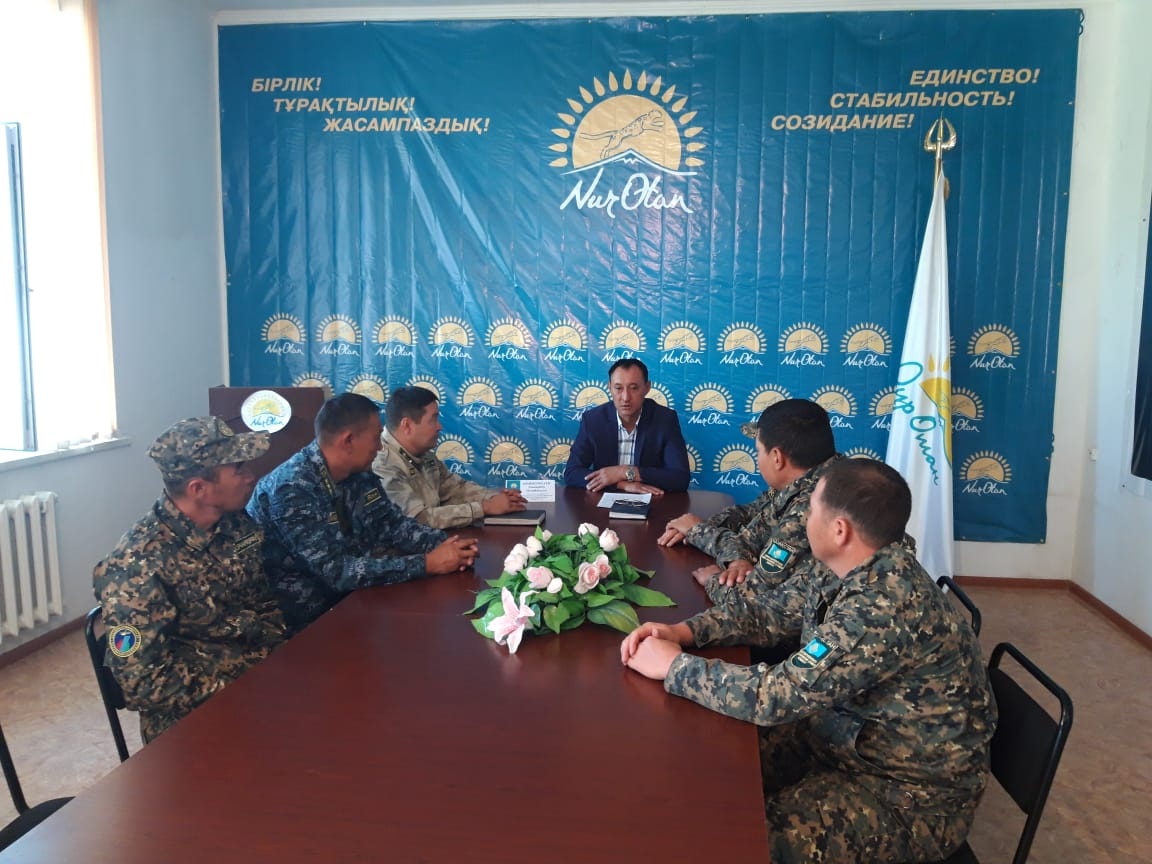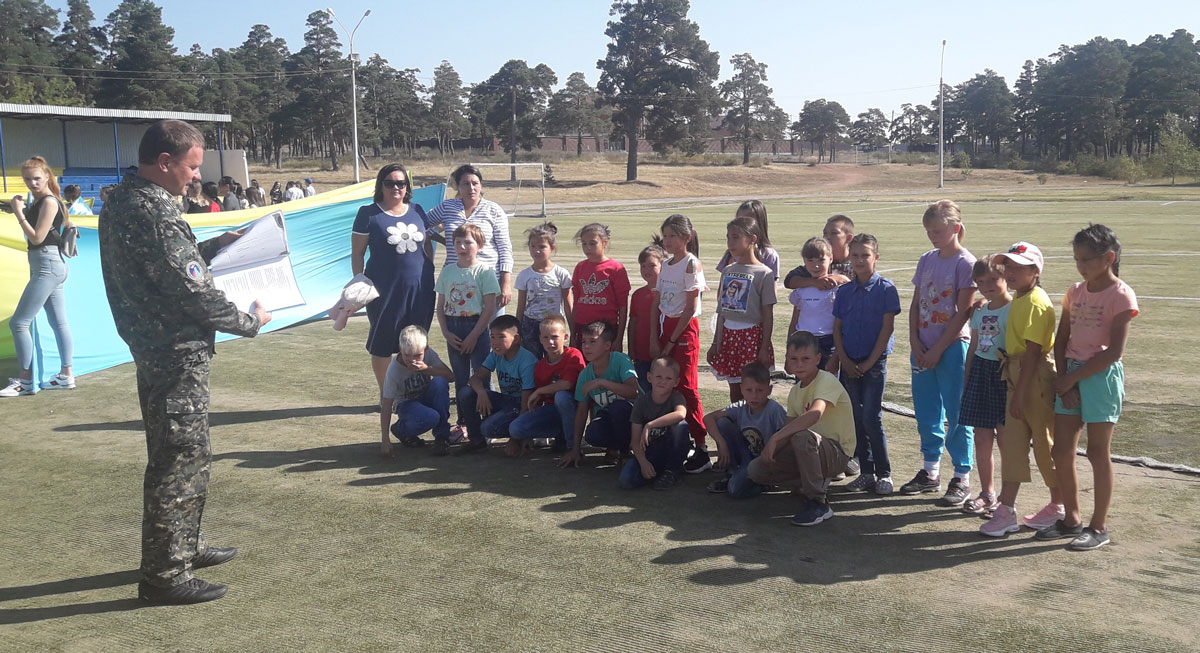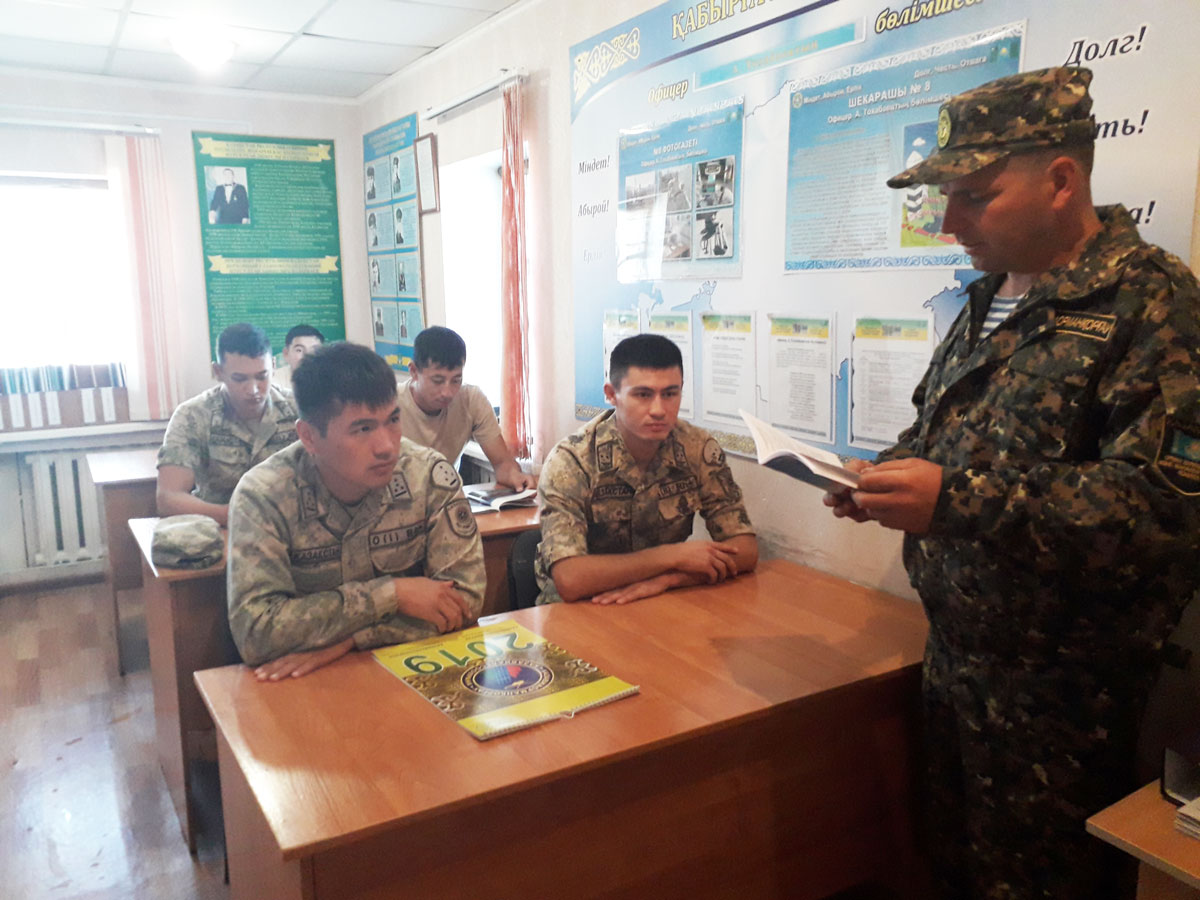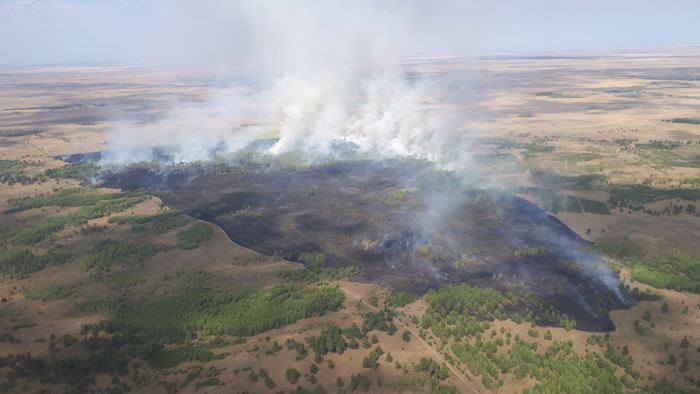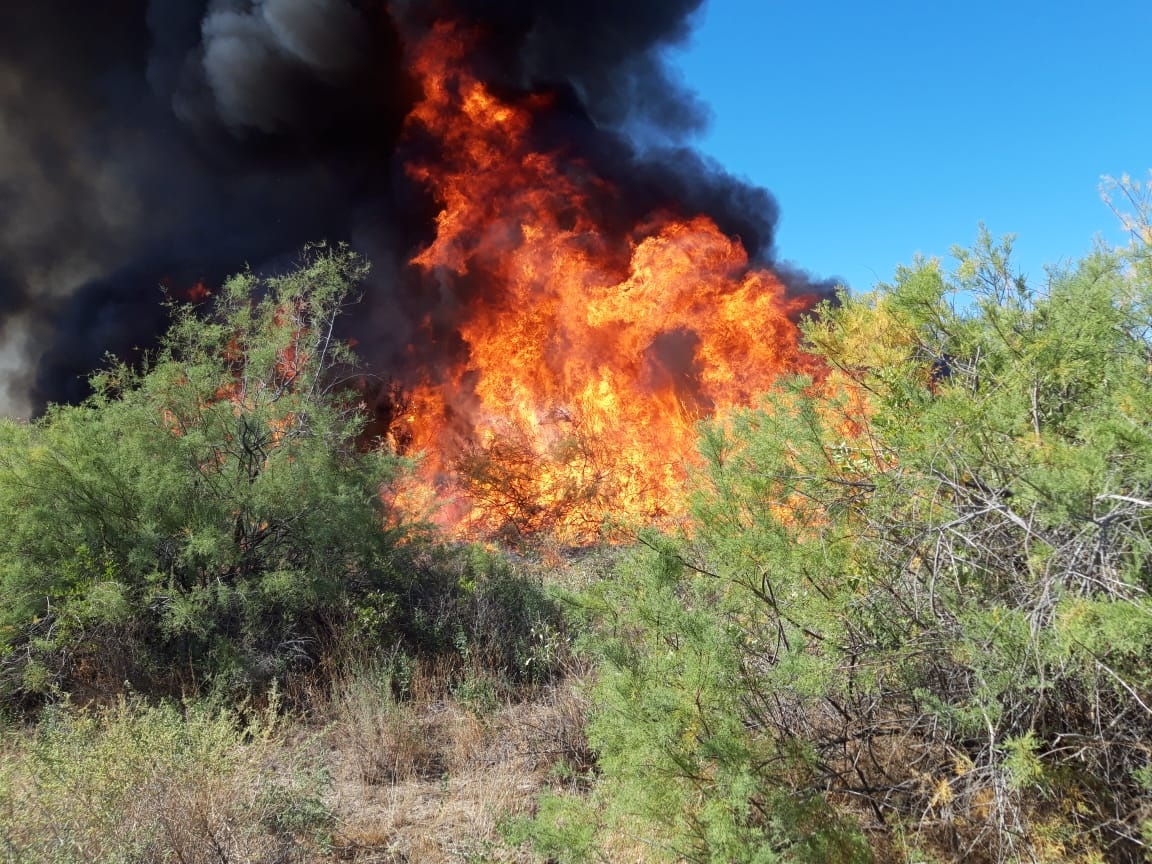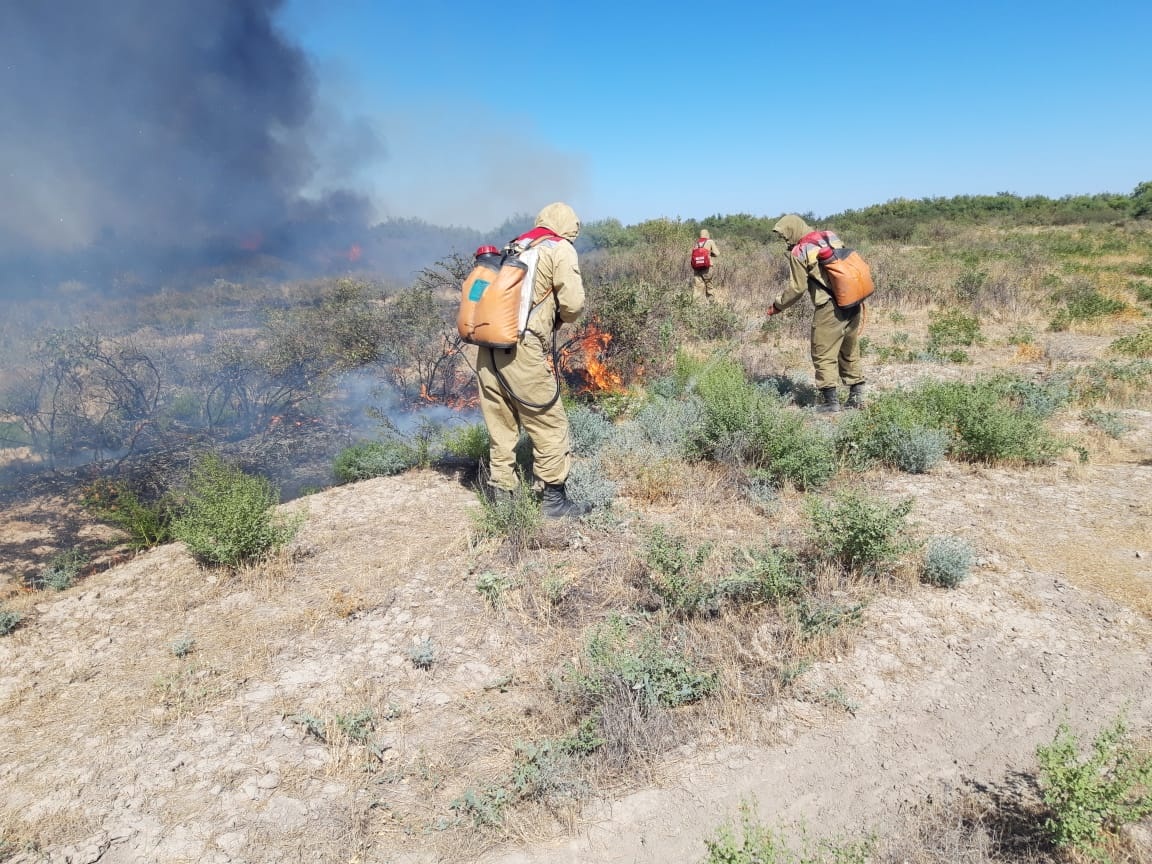President of Kazakhstan Kassym-Jomart Tokayev’s State of the Nation Address, September 2, 2019
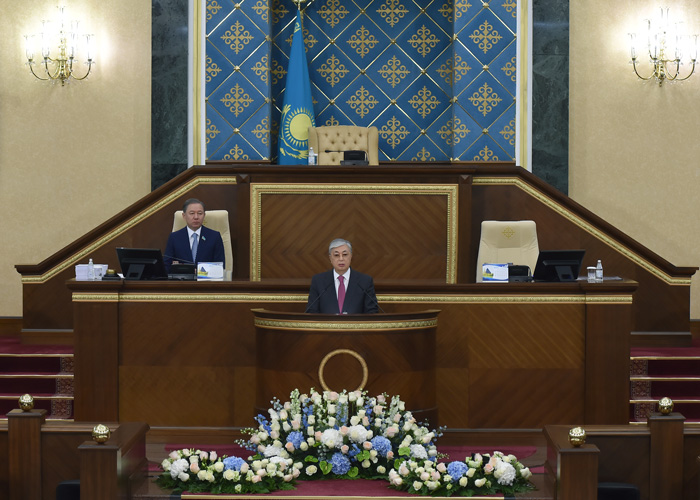
President Kassym-Jomart Tokayev’s State of the Nation Address
CONSTRUCTIVE PUBLIC DIALOGUE - THE BASIS OF STABILITY AND PROSPERITY OF KAZAKHSTAN
Dear compatriots!
Dear members of parliament and government!
Congratulations on the beginning of the new parliamentary season!
We are approaching the important part in the newest history of our country.
Approximately thirty years ago, we proclaimed our independence thus fulfilling the dream that our ancestors had for centuries.
Since that time, under the leadership of the First President of Kazakhstan – the Leader of the Nation Nursultan Nazarbayev, our country has become a stable and reputable state in the world.
Thanks to the solid unity of our nation, we have strengthened our independence and created opportunities for improving the wellbeing of our people.
It was a time of creation and progress, peace and harmony.
The whole world recognized the way of development of the country and called it the Kazakhstan model or the Nazarbayev model.
Today, we are able to double the achievements of our independence and to bring our country to a qualitatively new stage of development.
We can achieve this by maintaining the continuity of the policy of the Leader of the Nation and through systemic reforms.
As you know, this was the basis of my pre-election programme.
At the moment state bodies are doing the necessary work to implement it.
I will definitely fulfil my promises to the people.
Our work should proceed from the need for the full implementation of the Five Institutional Reforms and the Plan of the Nation developed by Elbasy. The work of the National Modernisation Commission that he created should be resumed.
Furthermore, I would like to express my thoughts on the implementation of our common tasks, in particular, my pre-election platform.
І. MODERN EFFECTIVE STATE.
The political transformation I promised will be gradually and steadily carried out taking into account the interests of our state and people.
World experience shows that explosive, unsystematic political liberalisation leads to the destabilisation of the domestic political situation and even to the loss of statehood.
Therefore, we will carry out political reforms without "running ahead of ourselves”, but consistently, persistently and thoughtfully. Our fundamental principle: successful economic reforms are no longer possible without the modernisation of the country’s socio-political life.
"A strong President – an influential Parliament – an accountable Government.” This is not a fait accompli, but a goal towards which we must move at an accelerated pace.
This formula of the political system is the basis of state stability.
Our common task is to implement the concept of the "Listening State”, which quickly and efficiently responds to all constructive citizen requests. Only through a constant dialogue between the Government and society can a harmonious state be built in the context of modern geopolitics.
Therefore, it is necessary to maintain and strengthen civil society, to involve it in the discussion of the most urgent national tasks in order to solve them.
It is for this purpose that the National Council of Public Trust, representative in composition, was created, which will work on a rotational principle.
In the near future, we all have to implement the following measures.
First. Continue the process of party building.
The Nur Otan party, thanks to our Leader and its Chairman, Nursultan Abishevich Nazarbayev, is consistently carrying out the difficult and responsible mission of the country’s leading political force.
We must cooperate with other political parties and movements that pursue a constructive policy for the benefit of society.
The main problems that concern our society should be discussed and their solutions should be found in Parliament and in the framework of civil dialogue, but not on the streets.
Deputies can and should use their legal rights, including by sending inquiries to the Government on pressing issues and requiring it to take specific measures.
At the same time, relations between the legislative and executive powers should be mutually respectful, business-like, without artificial confrontation.
As Head of State, I see my task as contributing to the development of a multi-party system, political competition and pluralism of opinions in the country.
This is important for the stability of the political system in the long run.
The upcoming elections to the Mazhilis of Parliament and maslikhats should contribute to the further development of the multi-party system in the country.
Second. Effective citizen feedback.
Public dialogue, openness, quick response to the needs of people are the main priorities for the activities of state bodies.
A department has been created in the Presidential Administration that will monitor the quality of reviewing citizens’ requests by state bodies and take prompt measures on them.
Often people are forced to turn to the President because of the "deafness” and closed-off national and local officials.
Repeated complaints about the unfairness of decisions in a particular area mean systemic problems in a particular Government agency or region. Now this should be viewed in this way, and appropriate actions should be taken.
In order to increase the efficiency of the work of civil servants, it is necessary to attract trained young personnel into their ranks.
At the same time, starting in 2020, we will begin to gradually reduce the number of civil servants, and we will use the released funds to provide material incentives for the most useful staff.
By 2024, the number of civil servants and employees of national companies should be reduced by 25 percent.
Third. Improving the legislation on rallies.
According to the Constitution, our citizens have the right to freedom of expression.
If peaceful protests do not pursue the goal of violating the law and the peace of citizens, then they should be embraced and given approval for them to be carried out in the manner prescribed by law, to allocate special places for this. And not in the outskirts of cities.
But any calls for unconstitutional and hooligan actions will be dealt with within the framework of the law.
Fourth. Strengthening the public consensus.
The harmony between social and ethnic groups is the result of the joint work of the whole society.
In this regard, it is necessary to analyse political tendencies and take concrete measures to strengthen our unity.
We need, taking into account the role of the Kazakh people as a nation-building people, to continue building inter-ethnic concord and inter-religious understanding
Our position: the unity of the nation is in its diversity!
We will continue to provide conditions for the development of languages and cultures of all ethnic groups in our country.
I believe that the role of the Kazakh language as a state language will grow and the time will come when it becomes a language of interethnic communication.
But, to reach this level, what is needed is not loud statements, but our common work.
In addition, it must be remembered that language is an instrument of big politics.
I believe it is necessary to enhance the image of non-governmental organisations in the creation of an active civil society.
Therefore, in the near future, we need to elaborate and adopt the Concept of Civil Society Development until 2025.
Preparations for important jubilees and significant events that will be celebrated next year have begun.
Next year, all of us will celebrate Al-Farabi’s 1150th anniversary and the 175th anniversary of Abai Kunanbayuly.
During the anniversary celebrations, we should glorify the works of these genial personalities for our people, without allowing squandering of resources.
We also need to implement the most important celebration – the 30th anniversary of our Independence.
I am convinced that such significant events will contribute to the education of the young generation in the spirit of genuine patriotism.
II. ENSURING RIGHTS AND SECURITY OF CITIZENS.
A key factor in enhancing the protection of citizens’ rights and their security is the substantial reform of the judicial and law enforcement systems.
A number of serious measures must be taken to improve the quality of court decisions.
The right of a judge to make a decision based on law and internal convictions remains unshakable. However, a thorough analysis of court decisions should be carried out and the uniformity of judicial practice should be ensured.
In public law disputes, when appealing against decisions and actions of authorities, citizens are not on equal footing. Their capabilities are incommensurable with the resources of the state apparatus.
Therefore, it is necessary to introduce administrative justice, as a special dispute resolution mechanism, levelling this difference.
Henceforth, when resolving disputes, the court will have the right to initiate the collection of additional evidence, the responsibility for the collection of which lies with the state body, and not with the citizen or business.
All contradictions and ambiguities of the legislation should be interpreted in favour of citizens.
I would also like to dwell on the following important issue.
We have moved away from excessive repressive measures and harsh punitive justice practices. However, numerous serious crimes still occur in the country.
We got carried away with the humanisation of legislation, while losing sight of the fundamental rights of citizens.
Recent tragic events have also revealed the problem of poaching, as a most dangerous form of organised crime.
Poachers are equipped, armed and feel their impunity. This year alone, two wildlife inspectors died at their hands.
Recently, the criminal activity of a gang of poachers on Lake Markakol in the East Kazakhstan region was stopped.
These are only isolated cases, but poaching has taken deep roots, including with the connivance of law enforcement agencies. Poachers ruthlessly destroy nature – our national wealth.
I instruct the Government to take urgent measures to tighten the relevant legislation within two months.
The issue of a systemic fight against corruption is also on the agenda.
It is necessary to restore anti-corruption expertise of draft regulatory legal acts of national and local authorities with the participation of experts and the public.
It is necessary to use legislative and normative means to regulate the responsibility of the first head of the department where the corruption related crime takes place.
It is also necessary to ensure strict liability of employees of the anti-corruption bodies for any illegal methods of work and provocative actions. They should not have a place in investigative practice.
The principle of the presumption of innocence must be fully respected.
One of the most pressing tasks remains a full-fledged reform of the law enforcement system.
The image of the police, as a power tool of the state, will gradually become a thing of the past; it will become a body providing services to citizens to ensure their safety.
At the first stage, it is necessary to reorganise the work of the Committee of Administrative Police by the end of 2020. This must be done qualitatively and without a gung-ho approach.
The effectiveness of the work of the police depends on the reputation of the police service itself.
Over the next three years, 173 billion tenge will be allocated to reform the Ministry of Internal Affairs.
These funds will be used to increase wages, provide accommodation, and the creation of modern front-line police offices on the principle of public service centres.
Particular attention will be paid to issues of protecting citizens from natural disasters and technological accidents, which, unfortunately, have become a frequent occurrence not only in our country, but throughout the world.
Professional staff should work in this area.
I instruct the Government to increase the salaries of civil protection employees within the framework of the funds allocated to reform the Ministry of Internal Affairs, and to allocate around 40 billion tenge for these purposes.
We are also faced with the task of establishing a combat-ready army based on a new concept.
The events in Arys showed that serious problems have accumulated in the armed forces.
Finally, it is necessary to streamline all military expenditures and strengthen financial and general discipline in the army. At the same time, it is necessary to increase the prestige of the military service and the material support of the armed forces.
Equipped by professionally trained, loyal officers and military personnel, our army should be prepared to repel threats to the country’s security in new geopolitical realities.
